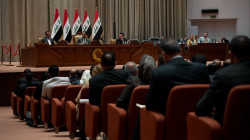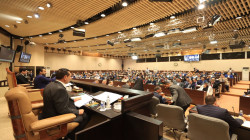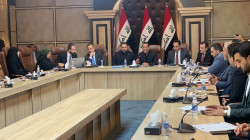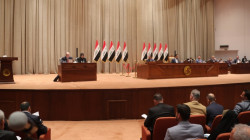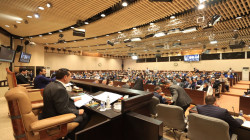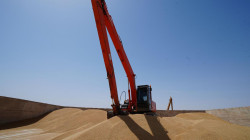Iraq assures citizens of sufficient food supplies, denies storage calls
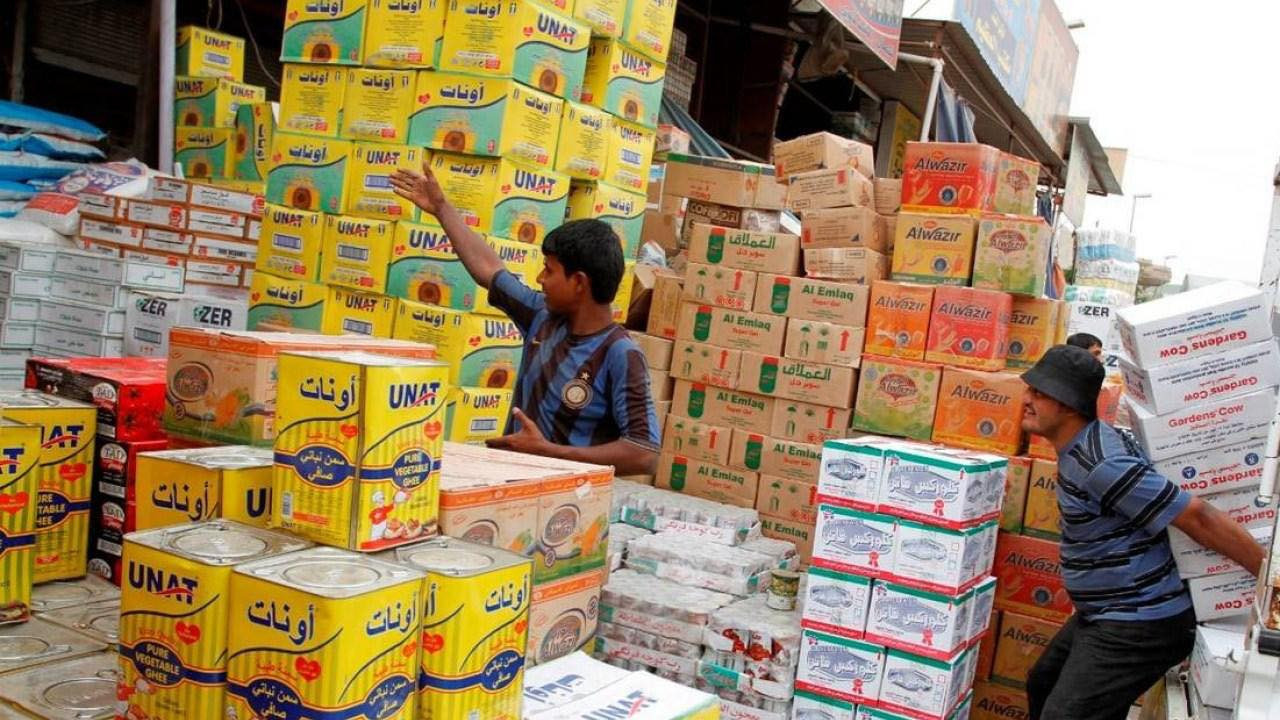
Shafaq News/ Iraq's Ministry of Commerce has dismissed rumors circulating on social media urging citizens to stockpile food in anticipation of shortages, assuring the public that there are ample supplies available.
In a statement issued on Tuesday, ministry spokesman Mohammed Hanoun said that Iraq has a substantial and well-managed food reserve, which has been secured through strategic contracts with the private sector.
The successful wheat harvest this year, the largest in the country's history, has further bolstered food supplies.
The ministry called on citizens to collect their new food rations and urged them to disregard any rumors or misinformation circulating on social media. The ministry also appealed to media outlets to exercise caution and verify information related to Iraq's food security before reporting it.
Hanoun emphasized that the government has been working proactively to ensure food security and has taken measures to secure sufficient supplies, even in light of global challenges. He attributed the ample food reserves to the ministry's strategic planning and cooperation with the private sector.
According to the World Food Program (WFP), 2.4 million of 41 million Iraqis suffer from acute hunger, and 31% live below the poverty line. USAID alarms that one million Iraqis are food insecure.
Iraq's post-invasion history has been marred by insurgent groups, with ISIS (2014-2017) being the most food-insecure period. The conflict disrupted agricultural activities, infrastructure, and humanitarian efforts. The intermittent conflict and sanctions impeded international trade, propagating hunger in war-torn regions.
After ISIS's defeat, many Iraqis face displacement and unmet needs. 4.1 million Iraqis require humanitarian assistance, and 1.2 million have been displaced. The Government of Iraq dispenses imported cereal through the Public Distribution System. Agricultural markets in the Kurdistan region have resumed operations but face challenges like agro-climatic conditions, uneven domestic cereal production, disruptions in the Public Distribution System, unfavorable agricultural investment policies, and minimal purchasing power.
Other major issues include the rapidly increasing population, changing weather patterns, and natural disasters. Iraq's population has doubled in two decades, requiring a 66% increase in food supply by 2023. However, Iraq's 44% increase falls short. Adverse weather conditions and droughts, depleted water supplies, and economic collapses have compromised food systems, intensifying hunger.
The plummeting oil prices and the COVID-19 Pandemic have further exacerbated food security and hunger in Iraq. The pandemic disrupted food supply chains, increased food costs, and diminished household purchasing power.
Despite challenges, Iraq's hunger situation is relatively better than neighboring countries like Yemen and Syria. Iraq ranks 66 out of 121 countries in the Global Health Index with a GHI score of 13.7 (moderate). Humanitarian efforts from both government and NGOs have helped address hunger and food security concerns.
